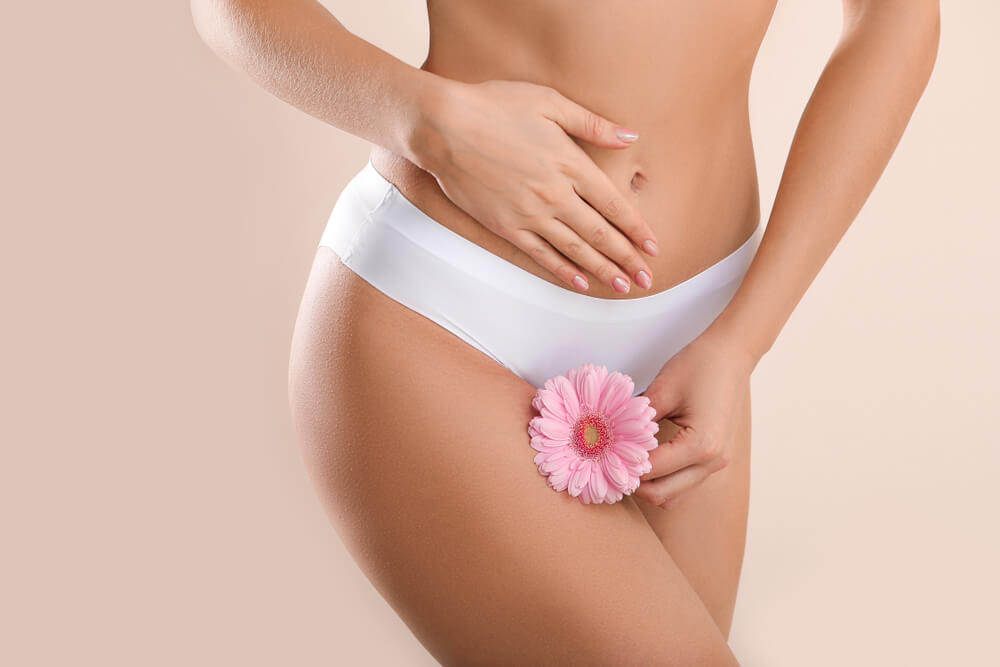A menstrual cycle in a woman is the timeframe between two periods, i.e., uterine bleeding. The counting starts on the first day of one period and lasts until the next period begins. That said, most women have menstrual cycles that last between 21 and 35 days. The actual period typically lasts between three and seven days. It’s not unusual to notice periods getting shorter and lighter with age.
While it’s common to have a menstrual cycle getting shorter with age, there are also other reasons that could cause this. For example, pregnancy and ectopic pregnancy, birth control, certain meds, and lifestyle choices can all affect the length of a woman’s cycle and period. However, we will now focus on lighter periods in your 30s and periods in your 40s.
Lighter Periods in Your 30s
It’s important to mention that having a baby can affect your periods afterward as well. Some women could get longer and heavier periods after delivery, often accompanied by stronger cramping regardless of their age. On the other hand, it’s also possible for women to notice lighter periods after giving birth or have their periods regulated. It could also happen for women to miss their periods completely while breastfeeding.
But, as we mentioned, it’s natural to notice the menstrual cycle getting shorter with age. Periods getting shorter and lighter as you get closer to your late 30s is a completely normal occurrence. This is because you’re entering perimenopause, the transitional period before the actual menopause, and lighter periods in 30s are a natural part of the said transition.

Lighter Periods in Your 40s
With periods getting shorter and lighter as you enter your 40s, you might wonder when they will stop completely. Essentially, periods in your 40s get lighter because the estrogen production in the ovaries drops. And you can be certain that you have hit menopause once you fail to get a period for 12 consecutive months.
Keep in mind that postmenopausal bleeding is far from common or normal. Namely, postmenopausal women, especially those in their 50s and older, are at a higher risk of developing endometrial cancer, which could cause bleeding even after menopause. This is why you should contact your doctor immediately if you happen to experience it.
With the menstrual cycle getting shorter with age, it’s important for women to keep track of their cycles so that they can actually notice the changes and maybe even spot something unusual that requires medical attention.
Now, perimenopausal and menopausal changes could bring many other symptoms aside from shorter and lighter periods, such as incontinence, vaginal dryness, loss of vaginal flexibility, etc. These problems can be solved with the MonaLisa Touch procedure. Thanks to the latest medical advances, almost all menopause-related problems can be efficiently addressed. Therefore, don’t assume that you have to go through all the issues on your own and just accept them at face value.
It’s perfectly normal to get occasional fluctuations in the length and flow of your period. Still, it’s always recommended to pay a visit to your doctor if you find shorter and lighter periods to be rather unusual for you. Changing hormonal levels, everyday stress, eating unhealthily, and working out too much are also some things that could affect a woman’s menstrual cycle. Even if you’re in your 30s or 40s, it would do you good to report these changes to the gynecologist. You can always count on Dr. Shawn Stephens at University Park OBGYN, a skilled, compassionate, and experienced obstetrician who will thoroughly address all of your gynecological concerns and needs.


